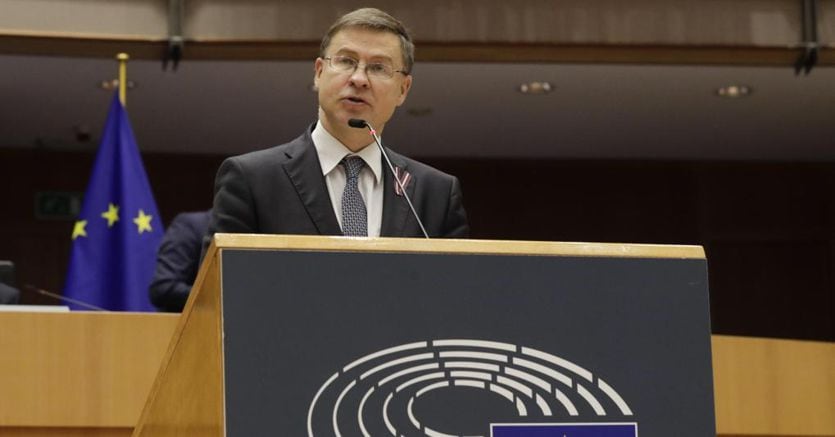In the budget for next year, currently under discussion in Parliament, the Italian government has introduced tax cuts, among other things. Presenting the text, Prime Minister Mario Draghi himself had defined the budget law as “expansive”. In June, the EU authorities had urged member countries with high public debt to pursue a prudent budgetary policy, thus keeping current public spending under control (see Il Sole / 24 Ore of 19 June).
In addition to Italy in 2022 expansionary policies were also envisaged in France, Greece and Belgium, again according to the analysis of the European Commission. “Taking into account the strength of the recovery, Italy is invited to regularly review the use, effectiveness and adequacy of the support measures and to be ready to adapt them, if necessary, to changing circumstances”, reads the report published by Brussels today, Wednesday 24 November. “This year, the European Commission’s analysis of national budgets is not quantitative as is traditional, but only qualitative,” explained Vice-President Dombrovskis. The reason is linked to the fact that the Stability Pact has been partially suspended, and that its objectives are not binding.
Brussels remains cautious on the fiscal front
On the fiscal front, the European Commission remains cautious in making suggestions to Italy, even if the tax cuts envisaged by the Draghi government raise questions. “We don’t normally recommend particular tax collection targets to member countries. It is the responsibility of the member countries – said the former Latvian prime minister -. Of course, the level of revenue must be adapted to spending, just as the levels of expenditure must take into account the decisions and developments on the revenue front ”.
The fear is that in the presence of insufficient measures to deeply reform the national economy, tax cuts will increase the deficit in a structural way. The position taken by the European Commission comes at a delicate moment. There is a desire to start reducing the debt accumulated due to the shock caused by the viral pandemic, especially since the increase in inflation should induce the ECB to curb purchases of public debt which in recent years have helped to keep artificially low interest rates.
At the same time, the persisting uncertainties about the economic recovery lead to caution. As in past years, the EU executive has decided that Italy – along with 11 other member countries – will have to undergo a specific analysis to assess the risks of macroeconomic imbalance. , worsened by the shock caused by the pandemic. The focus is on the high public debt and the persisting vulnerabilities of the banking sector. In its report, the European Commission also emphasizes the sharp increase in the debt of non-financial companies.
